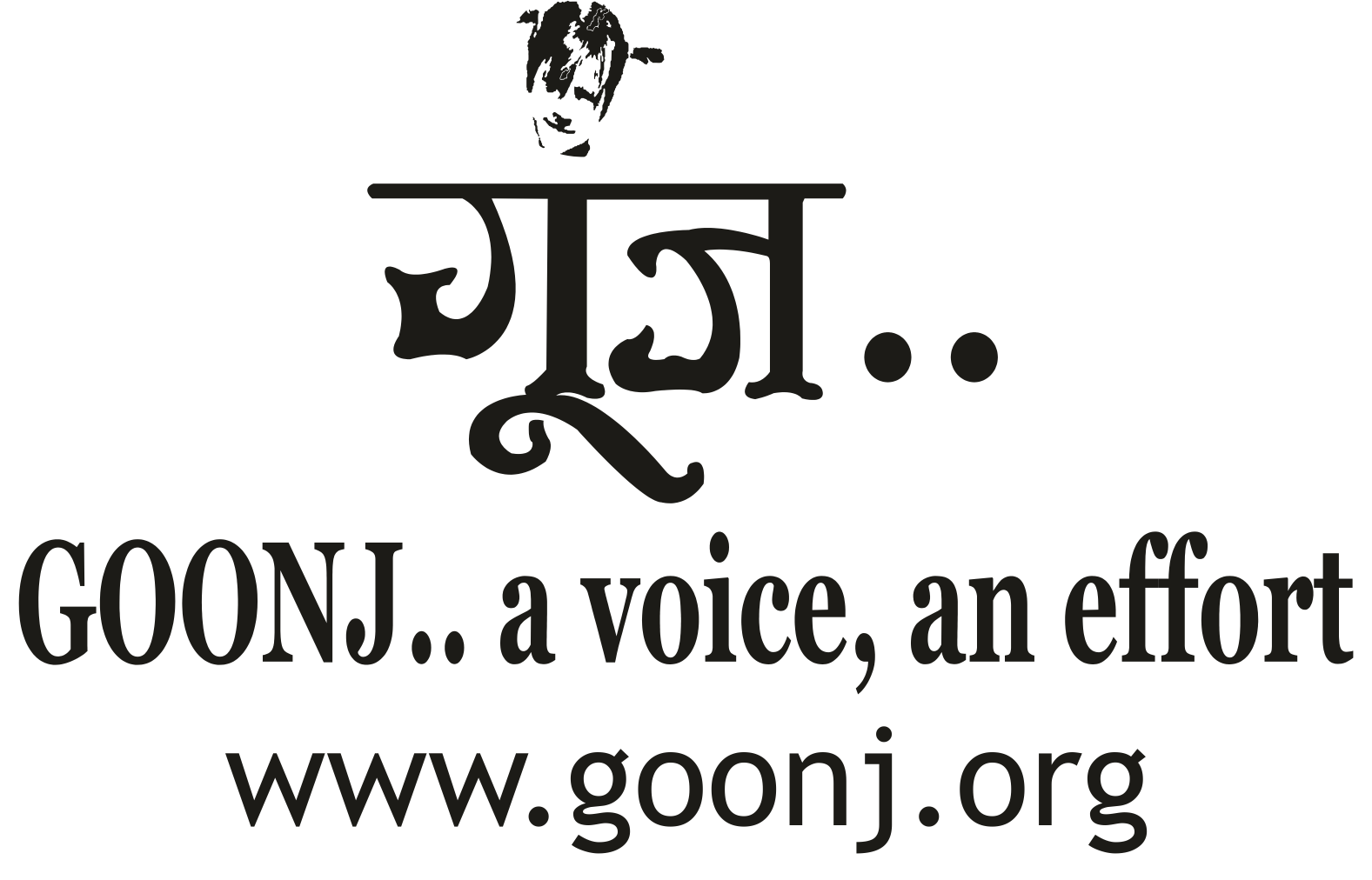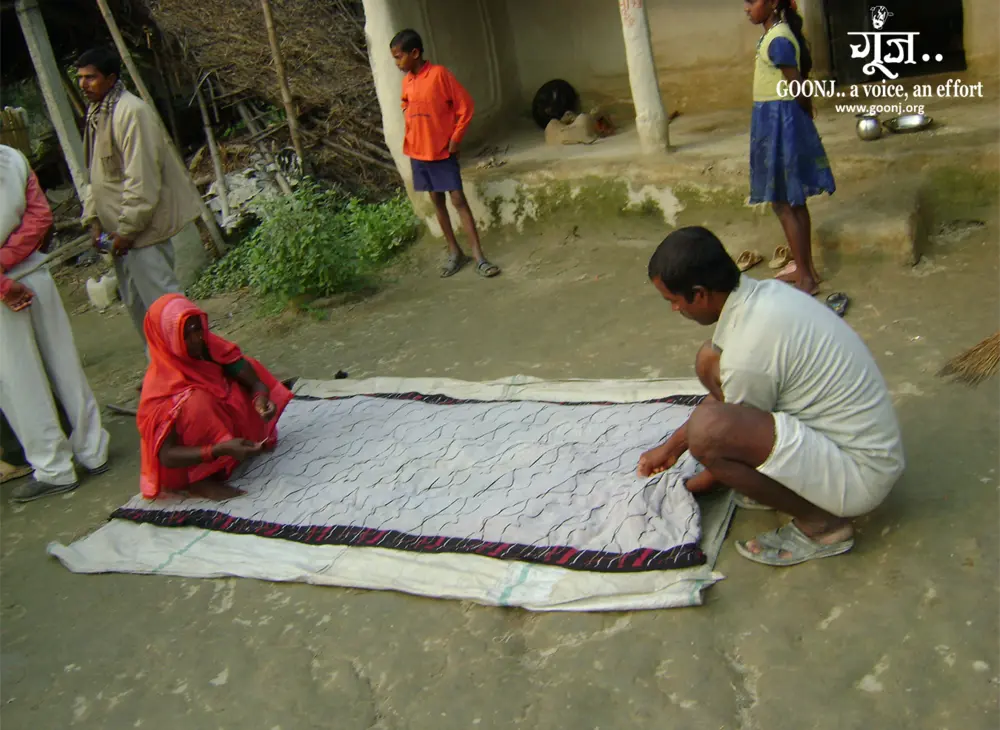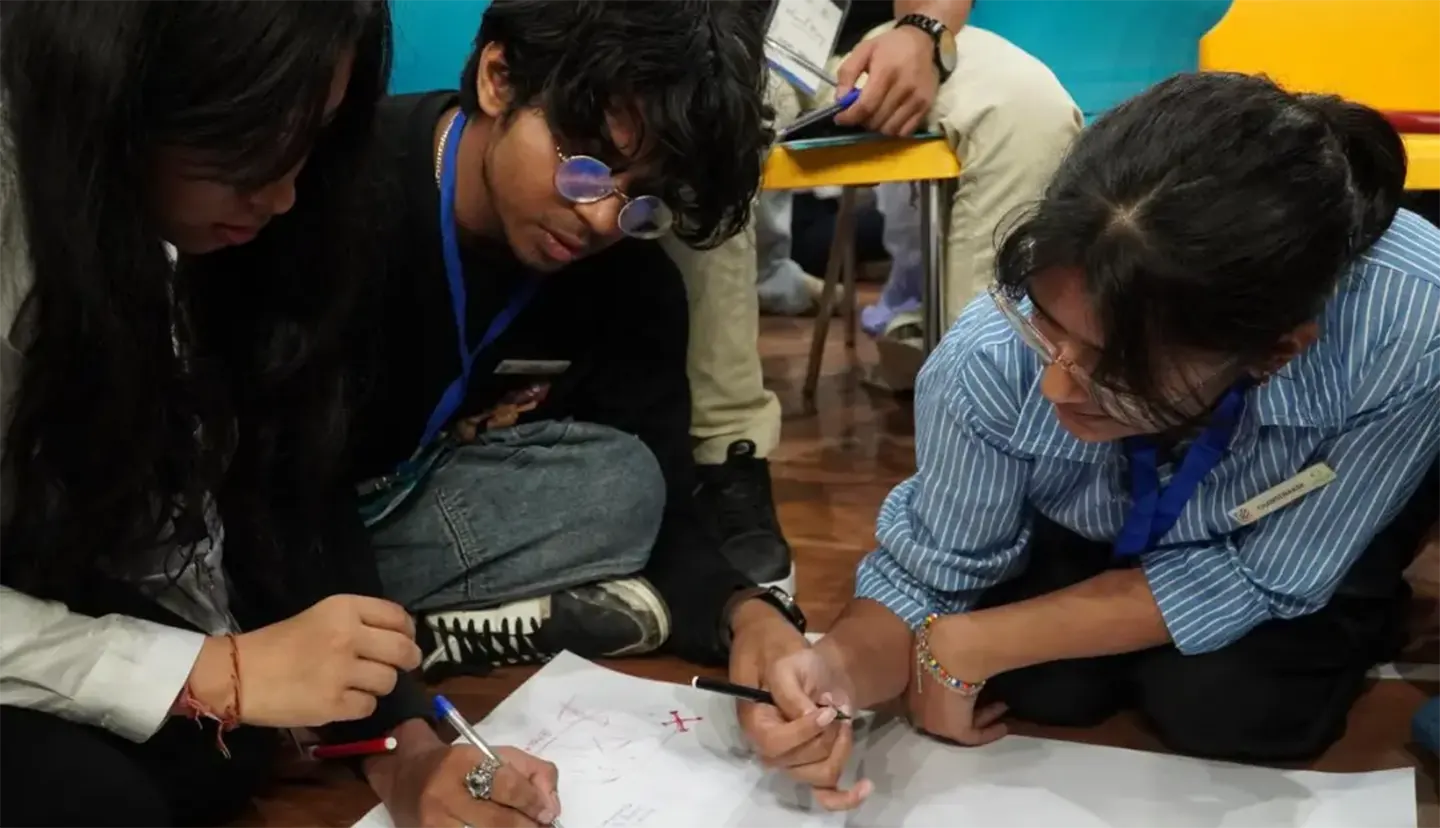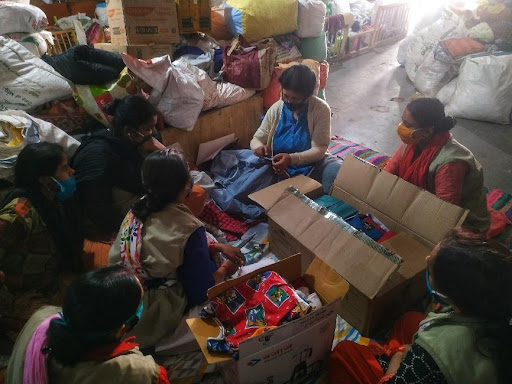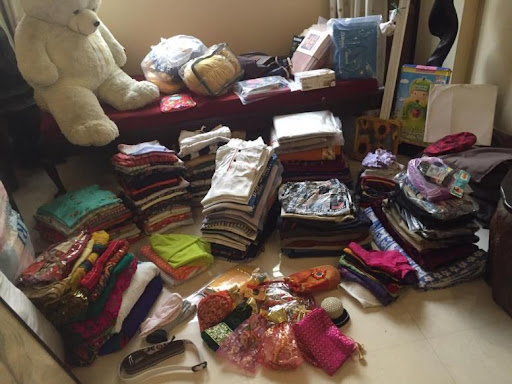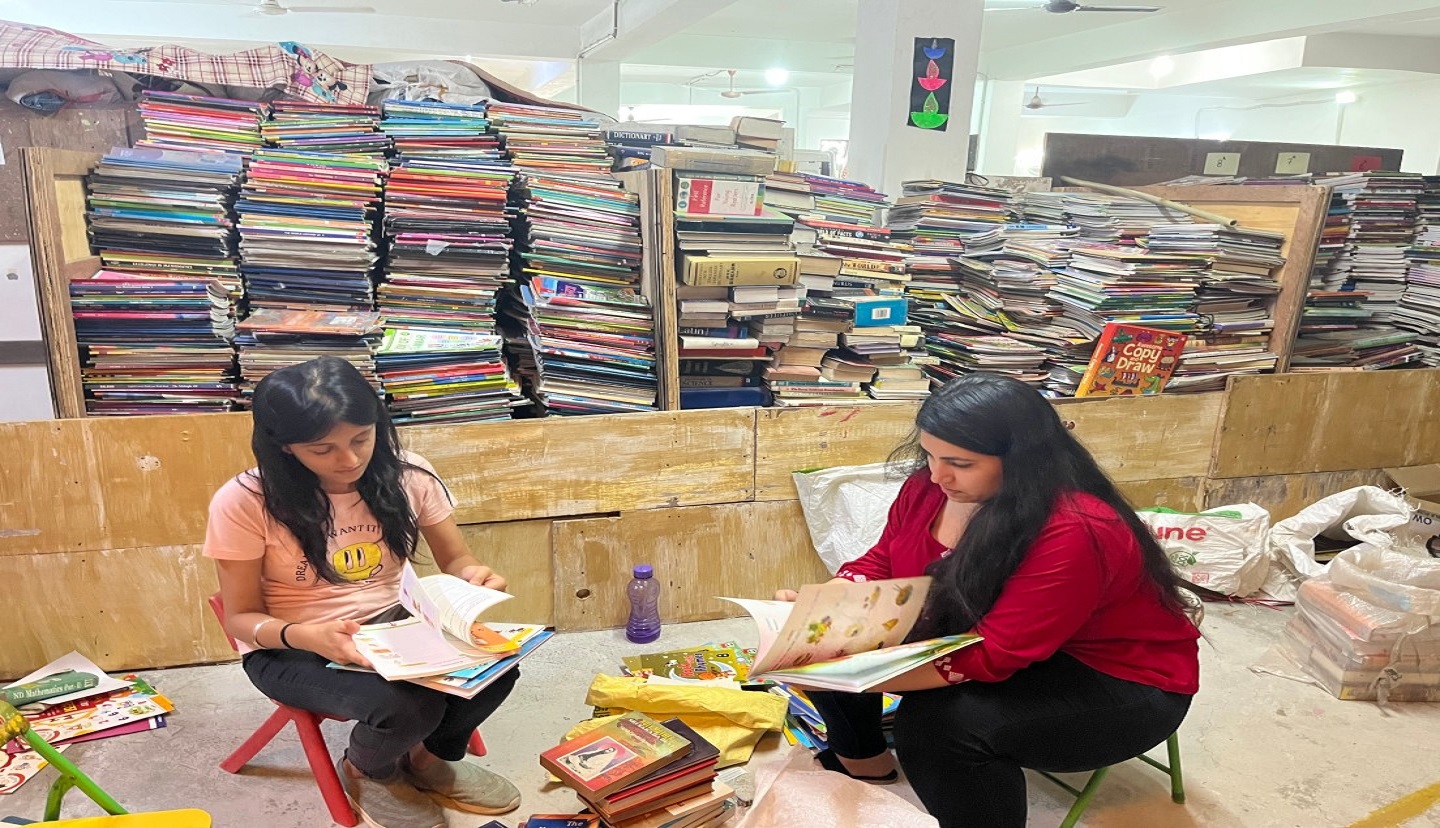Innovations Taking Seed in Disasters: Redefining Relief & Rehabilitation
While disasters often bring devastation, they can also be a catalyst for innovation and resilience. Bihar has been Goonj’s living lab for experiments, given its history of annual floods and the incredible strength of its people. Our journey began here after the 2008 Kosi River floods, when we saw firsthand how communities lived in a constant state of disaster.
From Crisis to Creation: The Story of Sujni
In Tamot Parsa, a remote village in Bihar, Hansa was the sole earner for her family, as her husband was unwell. Working long hours on farms, she barely made ₹25-30 a day, struggling to feed her children. After the Kosi floods, things got even worse—her home was destroyed, and debt collectors came knocking.
As part of our long-term vision for Bihar, Goonj started Sujni production centers, offering women like Hansa a dignified livelihood. Sujni—a traditional cloth quilt made from unused fabric—not only addressed the issue of disaster waste but also became a sustainable income source for hundreds of women.
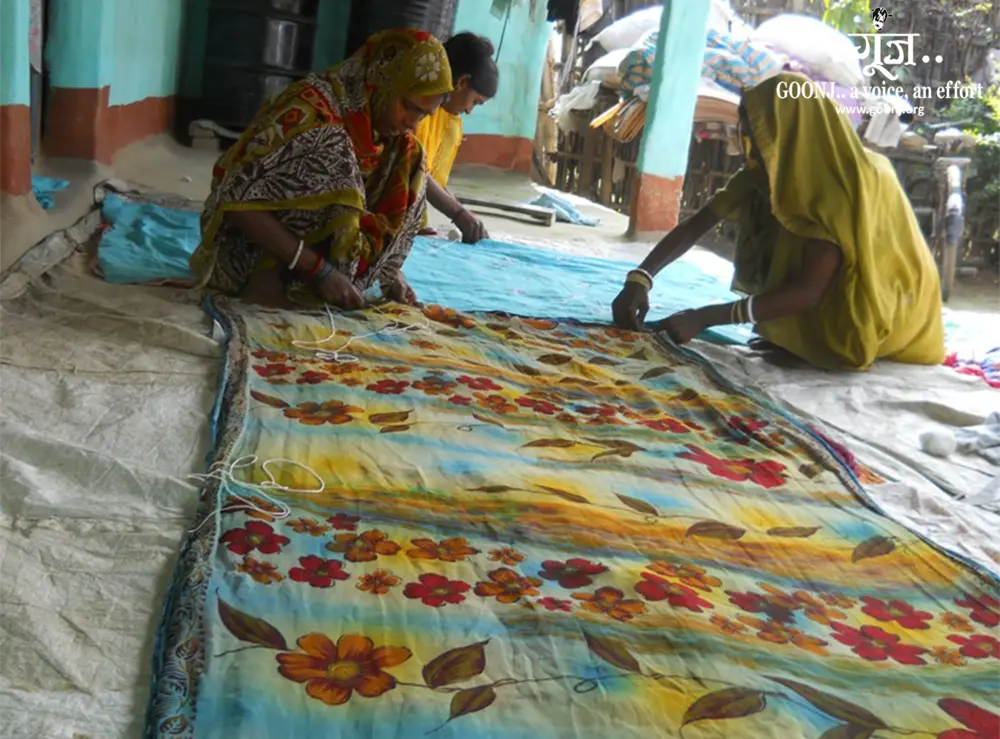
Women making Sujni quilts as part of Goonj’s livelihood initiative
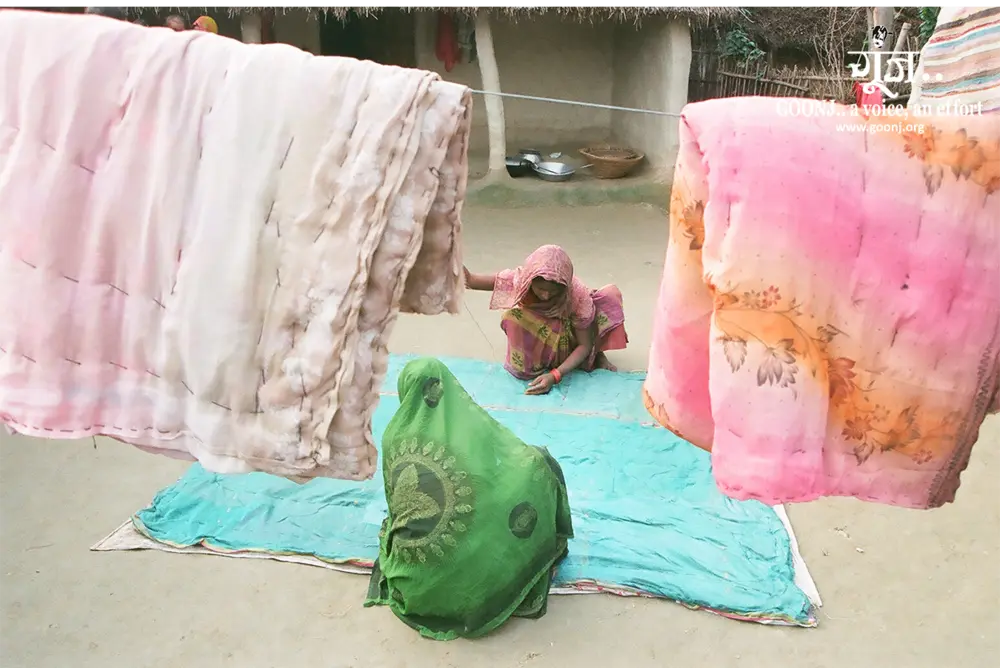
Women making Sujni quilts as part of Goonj’s livelihood initiative
How Sujni changed Lives & Waste Management
After the 2008 Bihar floods, 30 truckloads of unused material sat in Saharsa district warehouses. A large portion was unwearable clothes, leading to the birth of the Sujni initiative. The first experiments began in Sukhasan village (Madhepura district), where women started layering and stitching old fabric to create usable quilts for extreme winters.
Key Impact of Sujni Initiative:
- Major livelihood source – In 2009-10, 285 women in Bihar produced 24,000+ Sujnis, earning dignified wages.
- Scalability – Sujni centers expanded to Uttarakhand & Tamil Nadu, integrating into Goonj’s Disaster Relief & Winter Kits.
- Circular Economy Model – Over 300 tons of discarded cloth was repurposed into 54,207 Sujnis and 45,323 Aasans in 2016-17 alone.
“When the Sujni project started, men and women sat together sewing—something unheard of in our village. It enabled us to save money and educate our children.” – Bodhi Ram, Kal Devi, Mahmudda Village, Bihar
Scaling Resilience Beyond Bihar
From Bihar to Uttarakhand and Tamil Nadu, Sujnis are now a vital part of disaster relief kits, offering both warmth and livelihood opportunities. With over a million kilograms of surplus fabric repurposed, this initiative shows that material holds value until we choose to overlook it.
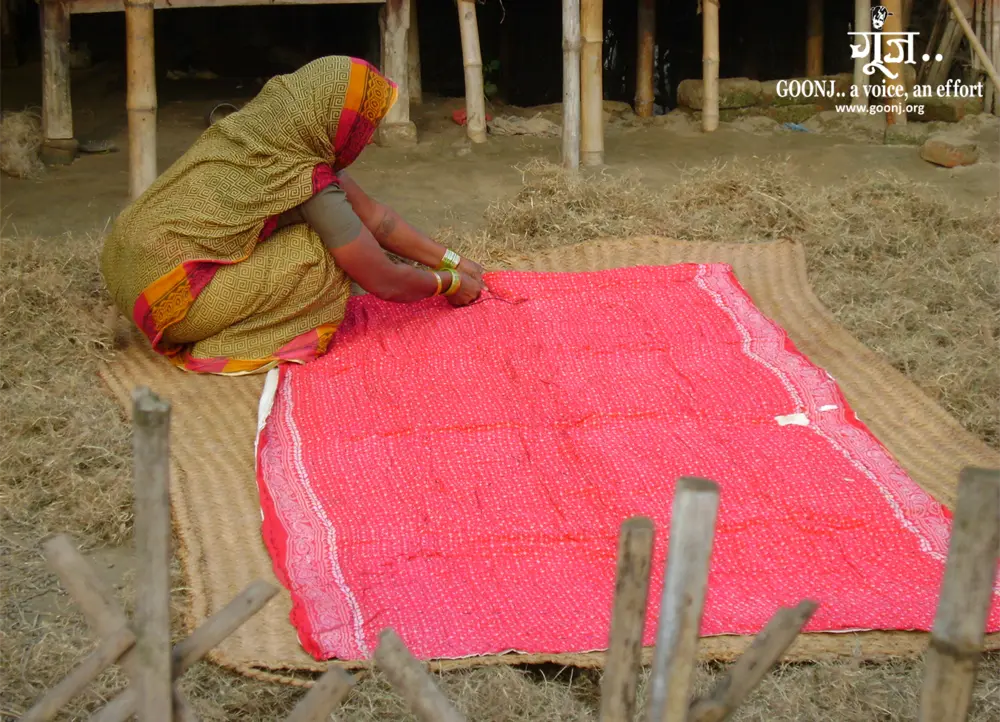
Bihar community earning through Goonj’s Sujni-making program
How to contribute for Sustainable Livelihoods & Relief
Our invitation to you is, start from where you are.. From a small change of starting a Goonj kee Gullak or Team 5000, joining a long and deep change process, or things in between- organising a collection drive, a volunteering journey, an internship, or simply walking with us signing for a Goonj monthly newsletter subscription.. More on www.goonj.org or write to [email protected].
Many options, but the choice is always one; Taking Action..
